Millions of people around the world suffer from depression and anxiety, which can really mess up their daily lives by making them less productive, hurting their relationships, and generally having a lower quality of life. Taking care of your mental health is important for living a healthy and happy life, and morning meditation is a good way to do this. Making morning meditation a part of your schedule can help you feel calmer, less stressed, and emotionally better. This makes it a powerful way to fight the symptoms of depression and anxiety.
Signs of Depression and Anxiety
Anxiety usually shows up as constant worry, irritability, and an inability to relax. It can also show up physically as a racing heart, shaking, sweating, and stomach problems. People may also have trouble focusing and a strong feeling that bad things are about to happen. Depression, on the other hand, is marked by chronic sadness, hopelessness, and a loss of interest in things that you used to enjoy. It can make you tired, make it hard to focus, change your appetite and sleep habits, and in the worst cases, make you think about hurting yourself or committing suicide. All of these things can have a big effect on your daily life and overall quality of life.
Why Morning Meditation is Essential for a Positive Start?
Starting the day with a positive attitude can have a big effect on your happiness and how much you get done. Morning meditation is a great way to do this. Taking a few minutes to meditate every morning can help you feel calm and focused, which can set the tone for the whole day. This practice makes you feel calmer, clearer, and less anxious in the morning, and it stays with you throughout the day. Meditation in the morning will help you feel grounded and centered every day, ready to face obstacles with strength and positivity.
Preparing for Your Morning Meditation
Setting up an Effective Environment
Setting up a good setting for your morning meditation is important if you want to get the most out of it. This means finding a place that is quiet, comfortable, and free of things that might be distracting you. A calm place will help you concentrate and get more out of your meditation practice.
Peaceful Place
Pick a place that is quiet and won’t be broken by outside noise. It could be a room just for meditation, a corner of your bedroom, or even a spot in your yard. For your practice to really sink in, you should find a place that is calm and quiet.
Having comfortable seats
Make sure you have a nice place to sit while you meditate. The cushion, chair, or even yoga mat can be used here. Comfort is important for keeping good posture and avoiding physical pain that could get in the way of your meditating.
Not too many distractions
Turn off electronics and let people in your home know when you’re going to meditate to reduce the number of things that could confuse you. Keeping your meditation place clear of things that might distract you will help you stay focused and in the present, which will make your meditation better.
Setting Goals for Your Practice
Before you start to meditate, take a moment to make your goals clear. Figure out what you want to get out of your lesson, whether it’s lowering your stress, becoming more mindful, or finding peace. Setting goals for your practice helps you stay focused and on track.
Picking the Right Time and Length
Pick a time in the morning when no one is likely to bother you, preferably before you start your day. The length of your meditation depends on how much experience you have and how busy you are. It can be easier to stick with a practice if you start with 5–10 minutes and slowly add more time.
Benefits of Morning Meditation
Making Mood and Health Better
Researchers have found that meditating in the morning can improve your happiness, lower your risk of depression and anxiety, make you happier with your life, and make you healthier overall. Some people feel happier and more stable throughout the day after meditating first thing in the morning.
Setting up a routine
Setting up a pattern to meditate in the morning can help you stick with it, since the circadian rhythm works better in the morning for making habits. Being consistent with your meditation practice helps you keep up good mental habits and supports long-term mental health benefits.
Focusing and paying attention better
Meditation in the morning can help you pay attention and concentrate better, which can be especially helpful in the morning when you need to use your brain to do daily chores. This improved attention can help you get more done in less time in your daily life.
Effectively Handle Depression
Meditation in the morning can help people with depression better manage their symptoms by helping them stay in the present, spot early signs of a depressive phase, and take care of themselves when they need to. This proactive method can lessen the effects of depressive symptoms and help people better manage their mental health.
Conclusion
Millions of people around the world deal with anxiety and sadness, which can make daily life and quality of life very difficult. Morning meditation is a strong way to deal with these issues because it makes you feel calm, lowers your stress, and improves your emotional health. By making a good space, being clear about your goals, and sticking to a regular schedule, morning meditation can help with focus, mood, and resilience, which makes it a good way to deal with sadness and anxiety.


